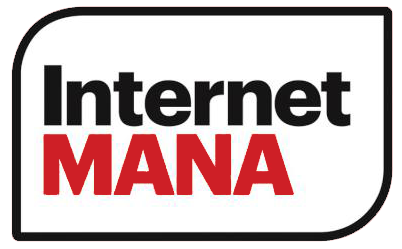(Draft) Transport Policy
There is an urgent need to develop transport systems for people and goods that will be affordable and sustainable into the future. Petrol and diesel prices will continue to rise over the next decades and supply will diminish, further driving prices skywards. We need to prepare for the post-carbon world that is coming which means drastically reducing our dependence on oil, and, as a consequence, on cars and trucks. This means investing in building and running public transport systems that are affordable and user friendly and which help keep communities and whānau connected. Reducing the use of cars and trucks will positively contribute to reducing greenhouse gas emissions and noise pollution, and improving climate quality (air and water). Investing in building, running, and maintaining public transport systems will generate a significant number of new jobs and employment opportunities.
MANA policy priorities are to:
- Invest in the building and running of environmentally sustainable public transport systems in all major population centres, including buses, rail, ferries, walkways, and cycle lanes.
- Ensure greater integration of bus, rail, and ferry services, and walkways and cycle lanes, particularly in major cities (and especially in Auckland), to reduce fares and increase the frequency and reliability of public transport.
- Ensure that people of all ages and abilities – whether they live in cities, towns, or rural areas – have access to affordable and reliable public transport so that they are able to avoid or reduce car ownership and significantly reduce their transport costs (both in dollar terms and in emission production).
- Free public transport services for those under 25 and those over 65 and $1 per fare for all others.
- Require public transport services to be run according to a sustainability model as opposed to a business profit model, so that they remain affordable to all.
- Improve public consultation processes, including with iwi, in transport and roading planning and decision making.
- Secure state ownership of the nation’s transport infrastructure – railways, airline, and ports.
- Provide leadership for port reform to ensure an efficient and competitive port network, and where investment is targeted at bluewater ports that are fully integrated with rail networks and inland ports.
- Improve the safety for those working and using transport systems through strategic safety campaigns and utilising new technology.
- Ensure that the rights of migrant transport workers, including those in the maritime industry, are upheld so that they receive wages and conditions of work equal to New Zealand workers.


